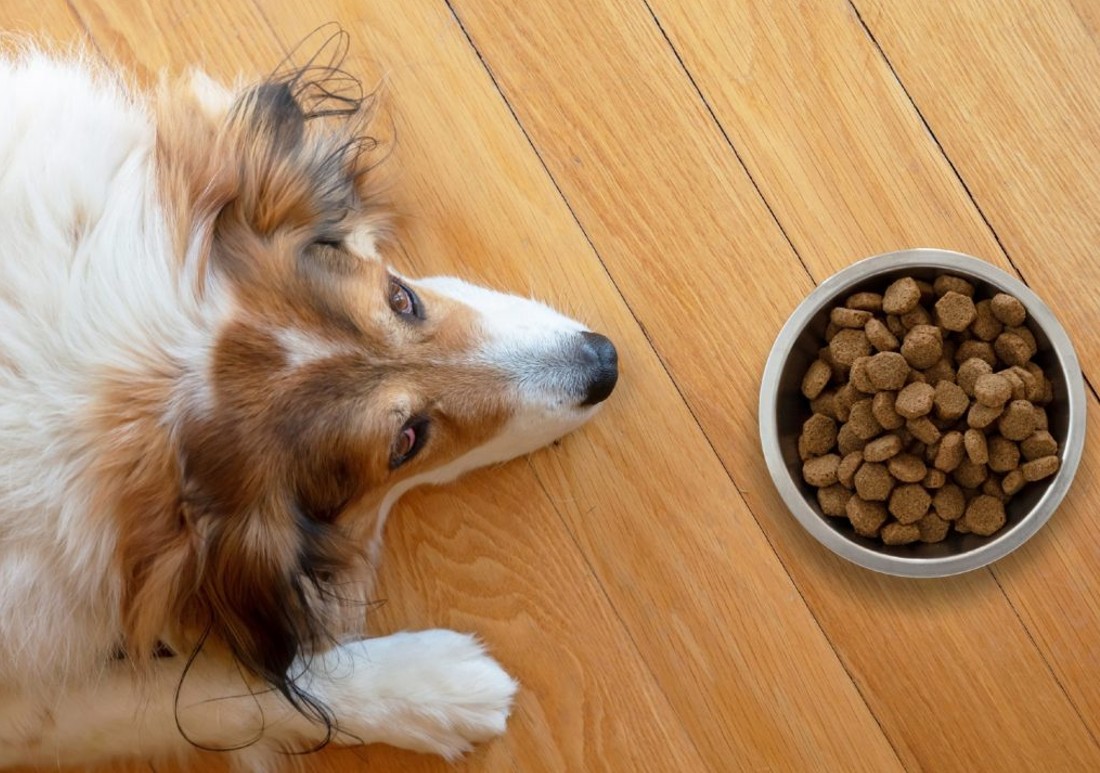Why Is My Dog Throwing Up Undigested Food and How Do I Help Them? Tips From Top Veterinarians

Discovering your beloved canine companion vomiting undigested food can be distressing for any pet owner. This common occurrence often raises questions about the underlying causes and how best to assist your furry friend. In this blog, we aim to unravel the mystery behind why dogs regurgitate undigested food and provide invaluable insights from top veterinarians.
From the seemingly innocuous habit of rapid eating to potential signs of more severe health issues, understanding the reasons behind your dog’s upset stomach is the first step in ensuring their well-being. Join us as we explore the various factors contributing to this behavior and glean expert advice on how to navigate and address these concerns with the care and attention your dog deserves.
Common Causes of Undigested Food Vomiting
Eating Too Quickly
Dogs are notorious for their indiscriminate eating habits, which often lead to upset stomachs. One common cause of undigested food vomiting is rapid eating. When dogs gobble down their meals too quickly, large chunks of food may not have the chance to be properly broken down in the stomach, resulting in regurgitation.
Eating Too Much
Dogs, especially those with insatiable appetites, may overindulge in food. Overeating can overwhelm the digestive system, causing the stomach to expel the excess through vomiting. Monitoring your dog’s portion sizes and feeding frequency is important to prevent this common issue.
Eating Non-Food Substances
Another culprit is dietary indiscretions or consuming items not part of their regular diet. Dogs may ingest foreign objects, spoiled food, or even toxic substances, causing their digestive system to rebel.
Gastrointestinal Disorders
Underlying gastrointestinal issues can also contribute to undigested food vomiting. Conditions such as inflammatory bowel disease (IBD) or gastritis can disrupt the normal digestive process, leading to regurgitation. If your dog consistently vomits undigested food, it’s crucial to consult with a veterinarian to rule out potential medical issues.
Food Allergies and Sensitivities
Just like humans, dogs can develop allergies or sensitivities to certain ingredients in their food. If your dog is allergic or sensitive to a particular component of their diet, it can result in gastrointestinal distress, including vomiting. Working with your vet to identify and eliminate potential allergens from their diet may be necessary to alleviate this issue.
What Veterinarians Recommend
To address undigested food vomiting in dogs, veterinarians offer several key recommendations:
1. Slow Feeding:
Use a specialized slow-feeder dog bowl or puzzle feeders to encourage slower eating. These devices make it more challenging for dogs to rapidly consume large amounts of food.
2. Dietary Management:
Consider a balanced and easily digestible diet for your dog. Your veterinarian may recommend a prescription diet or a specially formulated commercial dog food to address digestive issues.
3. Regular Vet Check-Ups:
Schedule regular veterinary check-ups to monitor your dog’s overall health. If vomiting persists or you notice other concerning symptoms, a thorough examination, and diagnostic tests may be necessary to identify and address underlying health issues.
4. Hydration:
Ensure your dog stays adequately hydrated, especially after episodes of vomiting. Dehydration can exacerbate digestive problems, so access to clean, fresh water from a bowl or dog water fountain is crucial.
5. Food Allergy Testing:
If you suspect food allergies, your veterinarian may recommend allergy testing to identify specific allergens. Eliminating these triggers from your dog’s diet can significantly improve gastrointestinal health.
When to Seek Immediate Veterinary Attention
While occasional vomiting might not cause immediate concern, certain situations warrant prompt veterinary attention. If your dog exhibits the following signs, seek professional help:
- Persistent vomiting for more than 24 hours
- Blood in vomit or feces
- Lethargy, weakness, or collapse
- Abdominal pain or bloating
- Refusal to eat or drink
Final Thoughts!
Deciphering the reasons behind your dog’s tendency to throw up undigested food is not only a key aspect of responsible pet ownership but also pivotal for their overall well-being. Armed with insights from esteemed veterinarians, you can proactively address the root causes of this behavior, fostering a robust and resilient digestive system in your four-legged friend.
Remember, consistency is key, and implementing the recommended measures, such as slow feeding, dietary adjustments, and regular veterinary check-ups, can significantly enhance your dog’s quality of life. As a devoted pet owner, your commitment to understanding and addressing these concerns ensures that your canine companion not only thrives but enjoys a life filled with vitality, happiness, and a stomach that stays content.
Your Pet’s Best Interest, Always
At Pet Institute, we take pet care seriously. We're dedicated to transparency, impartiality, and the well-being of your pets in every article, review, and recommendation we provide. Our unwavering commitment to these principles ensures that you, our valued reader, always receive reliable and unbiased information. Let us be your trusted guide in the world of pet care and companionship.